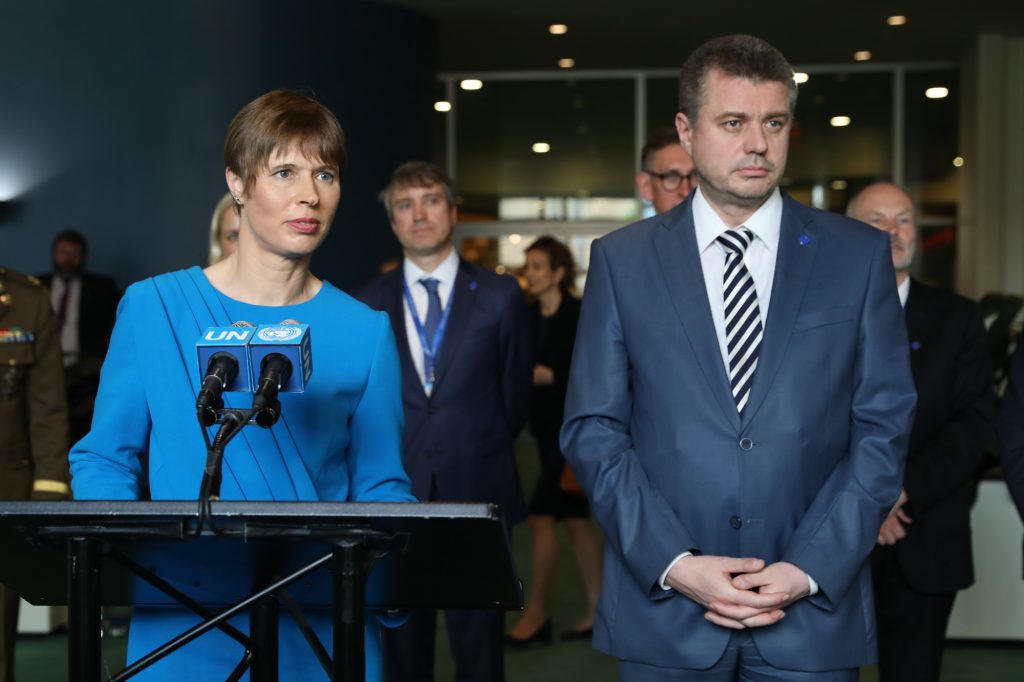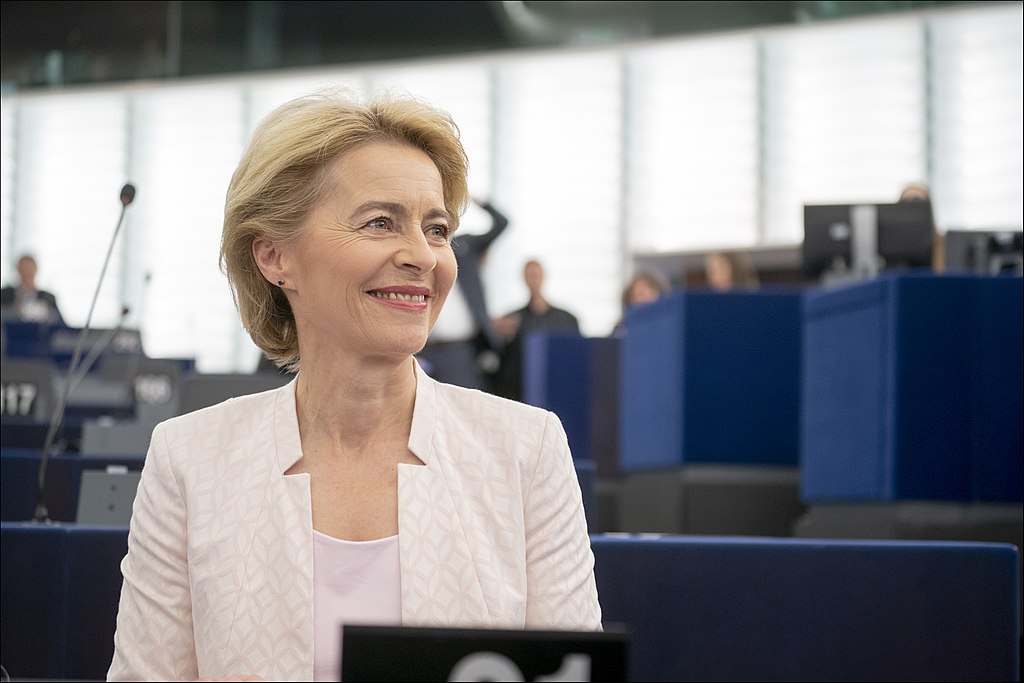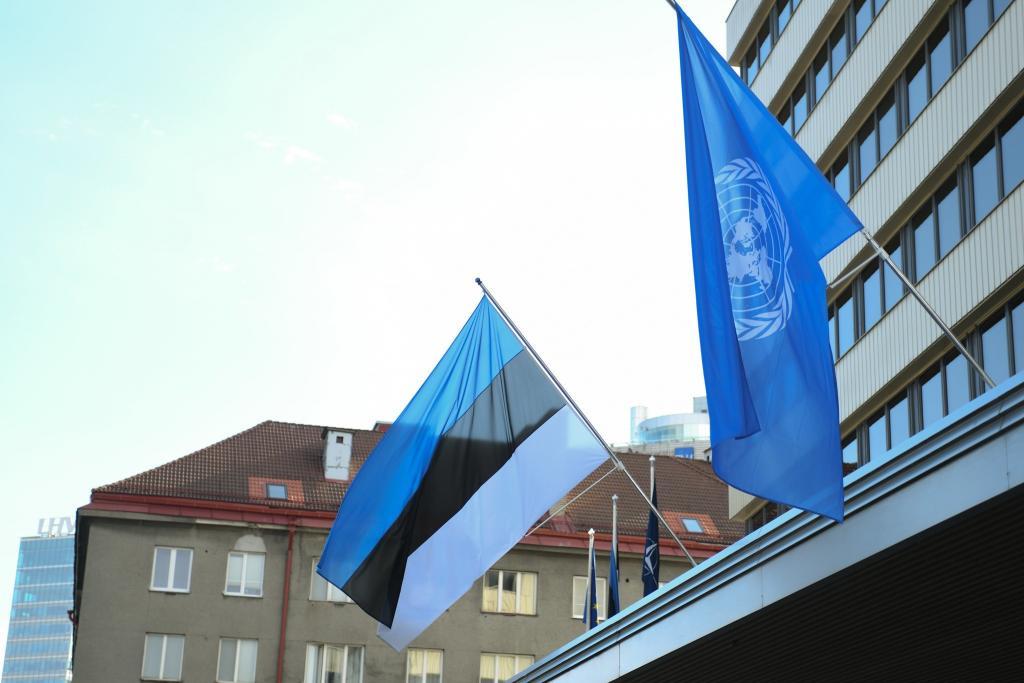On 8 May is the 75th anniversary of the end of the Second World War on European soil – the Victory in Europe or VE Day; to mark the anniversary, Estonia is organising a high-level international meeting as part of its UN Security Council presidency.
“The world is currently facing one of the greatest crises of the recent decades. Therefore, we have an even greater responsibility to recall one of the most painful chapters in our common history, remember all its victims and make sure that we never forget the lessons of this tragedy,” the Estonian foreign minister, Urmas Reinsalu, said in a statement.
According to him, it is the first time for the UN family to convene with such a large number of high-level participants since the pandemic began. “Over the past weeks, I have been in direct contact with my colleagues and I am very glad that nearly 50 foreign ministers from across the world will come together virtually for this high-level discussion,” Reinsalu added.

Opening statement by Ursula von der Leyen
More than half of the Security Council members attend with high-level participants: Germany, France, Belgium, the Dominican Republic, Vietnam, United States and the United Kingdom. As increasing the transparency of the Security Council is one of the priorities of the Estonian presidency, the meeting is held in a format that is open to all UN member states.
Foreign ministers from most European countries have confirmed their participation, including the Nordic countries, the Baltic states, Georgia and Ukraine, as well as Kenya, Bolivia, Brazil and Madagascar.
Opening statements will be made by the president of the European Commission, Ursula von der Leyen; the undersecretary general for political and peacebuilding affairs, Rosemary DiCarlo; and a professor of history at Yale University, Timothy Snyder.

Europe is not completely at peace
Reinsalu said that at one of the world’s most important decision-making bodies upholding peace and security, Estonia’s own history has only reinforced our resolve to protect shared values and security.
“Unfortunately, the end of the Second World War did not bring peace and security for many countries, and they continued to suffer long after 1945. For Estonia, the Second World War only ended in 1994 with the departure of Russian troops. Even now, Europe is not completely at peace; aggression in Ukraine and Georgia continues. It is important to discuss the lessons of the past, look honestly at current security threats and firmly stand up for international law in the future,” he noted.
The meeting begins on Friday, 8 May, at 5:00 PM EEDT (3:00 PM BST; 10:00 AM EDT). Estonian World will broadcast the meeting live.
Cover: Estonian and UN flags in front of the Estonian foreign ministry building in Tallinn (the foreign ministry).

